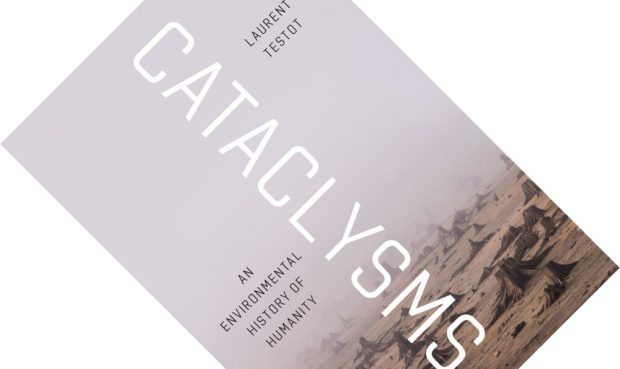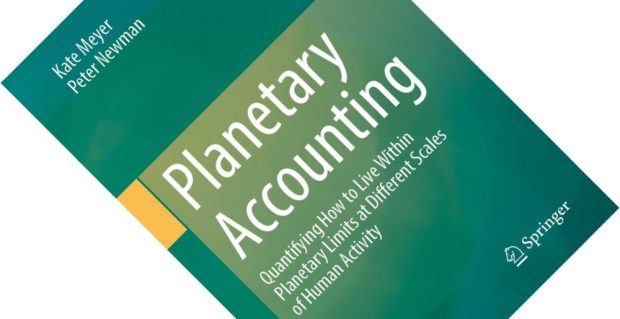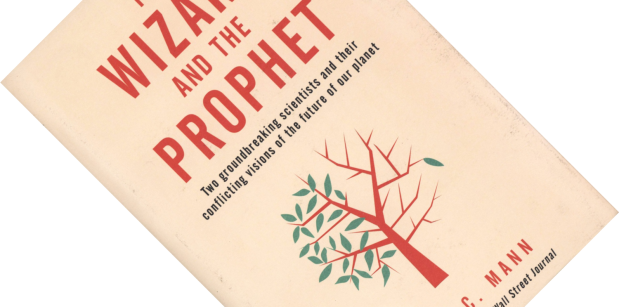6-minute read
What is the price of humanity’s progress? The cover of this book, featuring a dusty landscape of tree stumps, leaves little to the imagination. In the eyes of French journalist and historian Laurent Testot it has been nothing short of cataclysmic. Originally published in French in 2017, The University of Chicago Press published the English translation at the tail-end of 2020.
Early on, Testot makes clear that environmental history as a discipline can take several forms: studying both the impact of humans on the environment, and of the environment on human affairs, as well as putting nature in a historical context. Testot does all of this in this ambitious book as he charts the exploits of Monkey—his metaphor for humanity—through seven revolutions and three million years.





